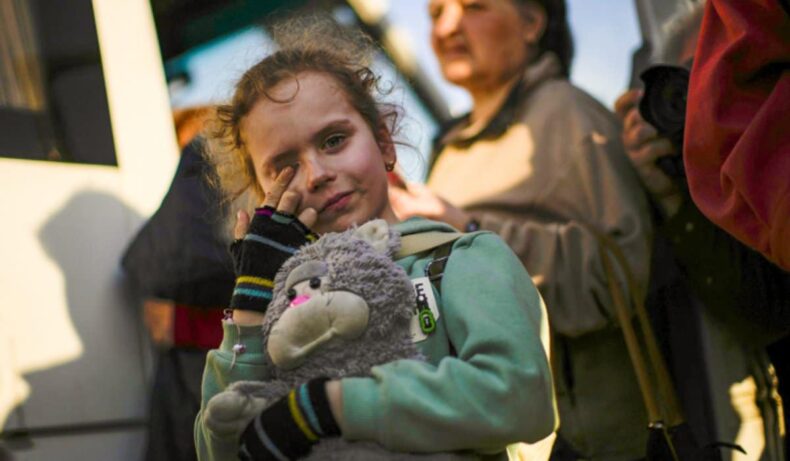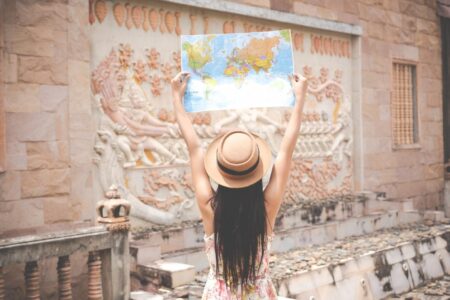Millions of people, including families and children, have been displaced due to Russia’s 13-month conflict with its neighbour. Ukraine has asked Russia not to adopt its forcibly displaced children.
Iryna Vereshchuk, Ukraine’s deputy PM, urged Russians not to adopt children allegedly “stolen” in Ukraine and illegally deported to Russia.

She wrote on the Telegram messaging app, “Once again, I warn all Russian so-called “adoptive parents” and “guardians,” you will eventually have to respond.”
Ukrainian children have reportedly been stolen and abandoned for adoption in Russia, according to Vereshchuk. She advised Russian citizens not to adopt these children taken forcibly by Russia from the temporarily occupied regions of Ukraine.
Thousands of children displaced
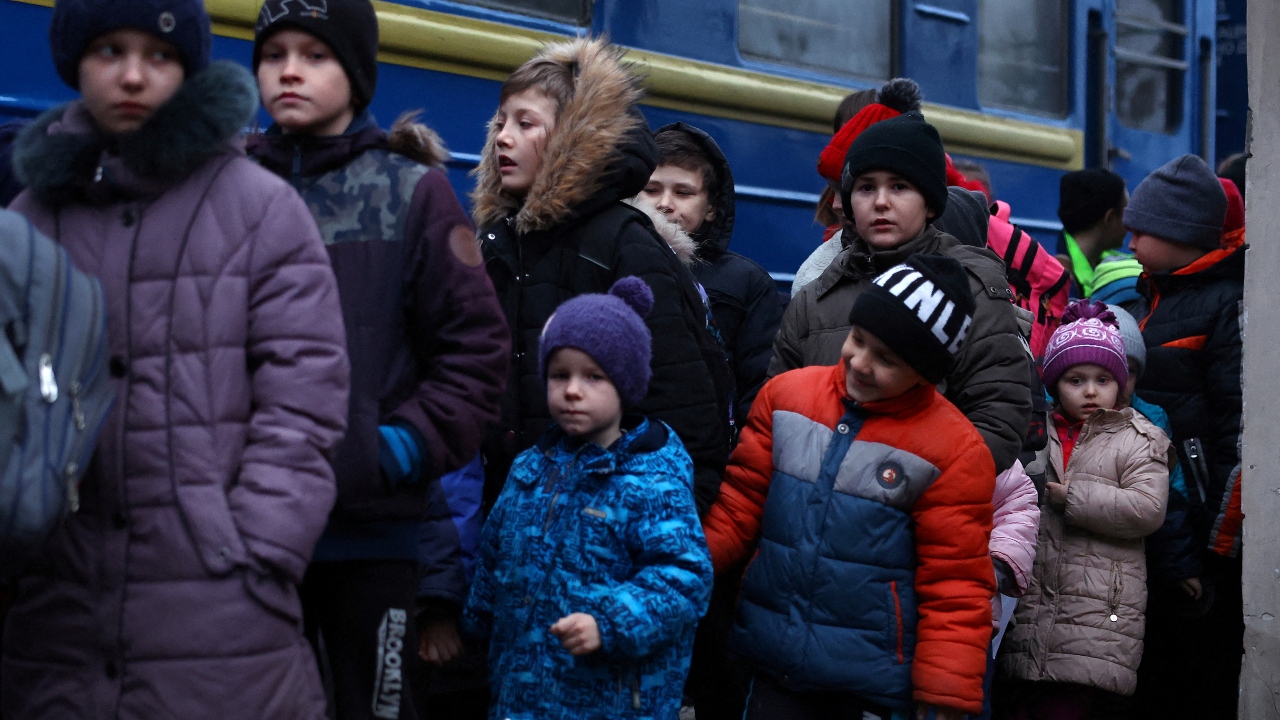
Over 19,000 Ukrainian kids are presently regarded as having been illegally deported, according to Ukraine’s Ministry of Integration of Occupied Territories. Russia deported these children from regions of Ukraine, primarily in the south and east, which Russia has occupied since 2022.
Ukrainian officials frequently update their list of kidnapped or forcefully deported children. Therefore, it is close to impossible to determine the actual number of children sent to Russia.
The International Criminal Court recently issued arrest warrants for Vladimir Putin and Maria Lvova-Belova, the commissioner for children’s rights in the Russian President’s Office, on March 27, 2024, citing the “unlawful transfers” and the Rome Statute.
A study by Human Rights Watch (HRW) highlighted the forcible removal of Ukrainian children from residential institutions to Russia and labelled it a war crime. Foster families in Russia have taken some of the children from those facilities.
Russia calls the adoptions a “generosity”
Russia called adopting Ukrainian children a kind gesture that provides displaced children with new families and access to healthcare. According to Russian state media, local officials in Russia were seen hugging and kissing these displaced children while giving them Russian passports.
Furthermore, Russia has not hidden the programme it used to transport thousands of Ukrainian children to Russia; instead, it presents it as a humanitarian effort to safeguard orphans and young children abandoned in the war zone.
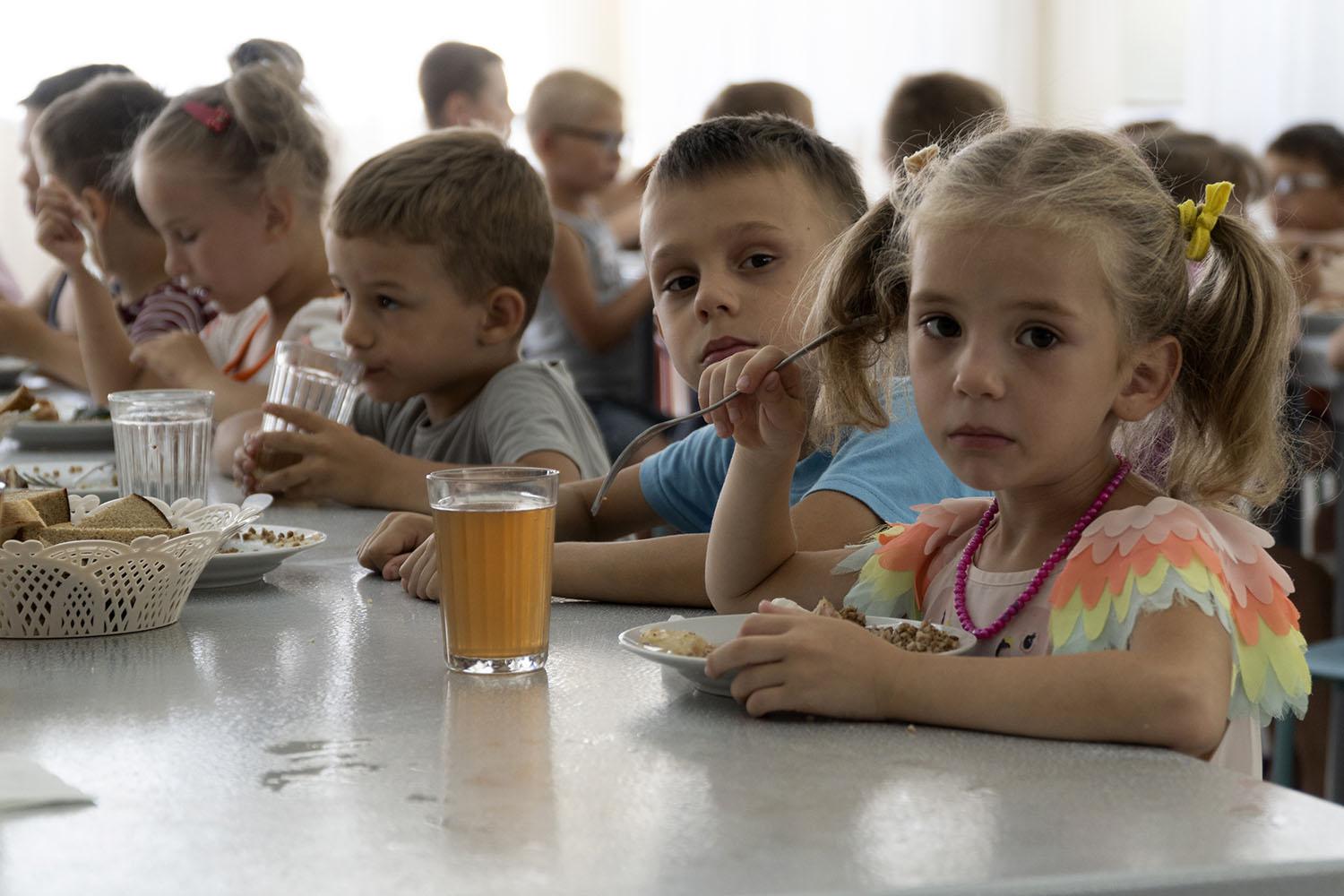
Vitaly Ganchev, a Moscow-installed official of the Kharkiv region that Russia controls, was quoted by the Russian TASS agency as saying on Tuesday that a group of children from the area were sent to Russia last year with the permission of their parents or guardians.
“The kids are raised in wonderful environments here in Russia and have every necessity they might require.” “We’ll also look after these children until their parents or guardian pick them up in the future,” said Ganchev.
Lives and livelihoods lost amidst the war
The adoption of foreign children without the consent of the home nation is prohibited in Russia. Ukraine has not yet provided any such consent. This prohibition stems from the lives and livelihoods lost during the war. To overcome this issue, Putin passed a decree that allowed Russia to adopt and grant citizenship to Ukrainian children lacking parental care. The order makes it more difficult for Ukraine and living relatives to get those children back.
Also, Russia has made a list of families that can take in Ukrainian children and pays those families for each child given citizenship. In addition, it runs classes on “patriotic education,” puts on summer camps for Ukrainian kids, and keeps a hotline to connect Russian families with Ukrainian kids.
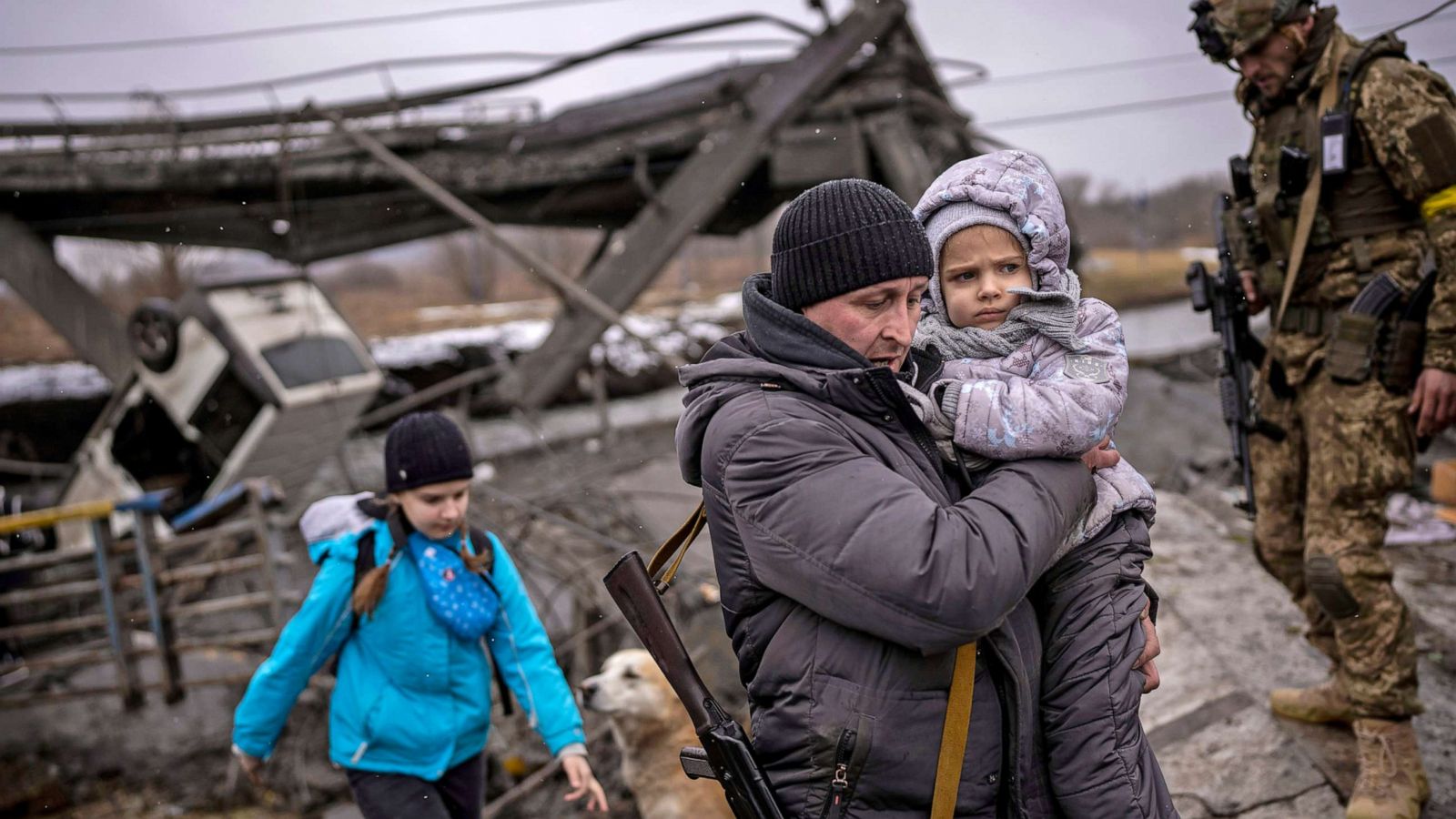
According to Kateryna Rashevska, a human rights advocate, approximately 30 Ukrainian children from Crimea were adopted by Russians through the “Train of Hope” programme. She then remarked that some of those kids might be enrolled by Russian troops. The Young Army Cadets national movement has been preparing young individuals in Russia and Crimea for possible military service since 2015.
At least 96 kids have been sent back to Ukraine since this March. However, Ukrainian authorities have located the identities of tens of thousands more in Russia, and the names of many more people are merely kept secret.







